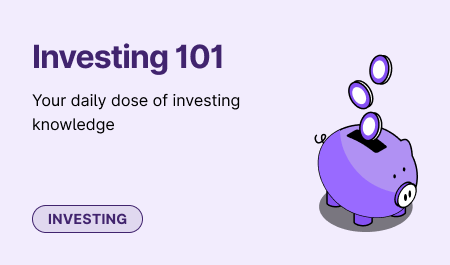What is Compounding and How Can it Grow Your Money

It is popularly said that ‘the time spent in the market is more important than timing the market’. This means the longer you remain invested, the higher the chances of earning significant returns. This is known as the Power of Compounding, which Albert Einstein called the 8th Wonder of the World.
Let us dive deep into what compounding is and how it can help you grow your money.
What is Compounding:
Compounding is a powerful investing concept. It entails earning returns on not just your original investment but also on the returns that you have earned previously. For this to work, you need to remain invested in the market over a longer period. Eventually, there will be a point wherein the accumulated earnings surpass the original amount invested. That’s the true power of compounding.
Here is an example that illustrates how it works: Suppose you invest ₹100,000 in a mutual fund and remain supported for 20 years. Assuming a return of 10% annually, you will earn returns of ₹10,000 in the first year. Then, this amount gets reinvested in the mutual fund. So now, the following year, you will earn 10% returns on the ₹110,000 (original investment + returns reinvested). Thereby, your returns will be ₹11,000.
Thus, the principal amount keeps growing, and at the end of the tenure of 20 years, your original investment would have appreciated almost 7 times to ₹672,750. This takes the Compound Annual Growth Rate (CAGR) returns to 20%.
Note that the rate of returns may keep changing due to multiple factors. But the longer you remain invested, the more chances of your money multiplying. Evidently, compounding is one of the most effective ways to create wealth.
How Mutual Funds can help in compounding:
To maximise the benefit of compounding, you should start saving and investing at an early age. An ideal investment avenue for this is mutual funds.
A mutual fund is a pool of money that a professional fund manager manages. You can invest in mutual funds through the SIP, i.e., the Systematic Investment Plan route. This means a fixed amount of money gets invested in a scheme of your choice and at a frequency of your choice. Say ₹2,000 invested on the 15th of every month. This not only inculcates the habit of saving but also helps you average the costs and risks. It also saves you the time and effort required to track market/stock movements.
When you invest in a mutual fund through the SIP route, you get allotted units of the scheme in return for your investment. The number of units you receive varies monthly, depending on the market movement. So, you get more units when the markets are low and lesser units when they are high. Over the long-term, the average cost per unit reduces due to rupee-cost-averaging. It also helps you tide over market volatility and earn higher returns in the long run.
SIPs and compounding together enable you to multiply your investment significantly. It is important to note that compounding works for not just equity mutual funds but also debt mutual funds / fixed-income funds over long investment horizons.
Things to Remember
Investing in mutual funds for the long term can help you enjoy the power of compounding and grow your money efficiently. It can also help you plan and meet your financial goals in a disciplined manner. You can start different SIPs to meet different financial goals.
There are several categories of mutual funds, including equity, debt, hybrid and index, to name a few. Ensure you can choose a mutual fund that aligns with your investment objective, risk appetite, and horizon.
Also, remember to choose the ‘growth’ option instead of the ‘dividend’ option while investing. In the ‘dividend’ option, the profits from the investment are distributed among investors. Whereas the ‘growth’ option means any returns get reinvested in the fund. The power of compounding thus comes into play, and the corpus keeps getting bigger.